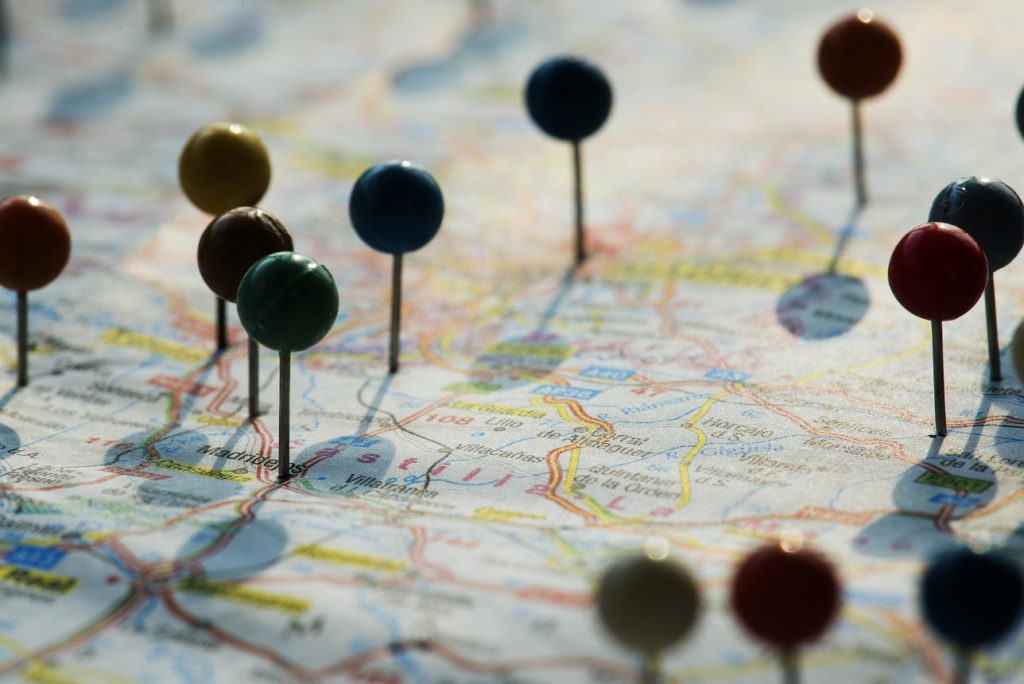One of the topics that is always most interesting is the search for the origins of what you are passionate about.
In our case, as mediators, it would be something like: How have solutions been attempted? analyzing certain problems in other parts of the world.
That is why today we ask ourselves, And one of the fiercest conflicts in history? What happens between Israel and Palestine? Are there no efforts for peace and consensus? The region of Palestine, between the Jordan River and the Mediterranean Sea, considered sacred to Muslims, Jews and Catholics, belonged to the Ottoman Empire and was occupied mainly by Arabs and other Muslim communities. But strong Jewish immigration, encouraged by Zionist aspirations, was beginning to generate resistance among the communities.
After many years of Palestinian attacks and selective assassinations by Israeli security forces, the PLO and Israel would sign the Oslo peace accords in 1993, in which the Palestinian organization renounced "violence and terrorism" and recognized the "right » of Israel «to exist in peace and security», a recognition that the Palestinian Islamic organization Hamas never accepted.
And after the agreements signed in the Norwegian capital, the Palestinian National Authority was created, which represents the Palestinians in international forums. However, experts say that for there to be a real chance for peace, Israelis would have to support a sovereign state for Palestinians that includes Hamas, lifting the blockade on Gaza and lifting restrictions on movement in the West Bank and East Jerusalem. And on the other hand, Palestinian groups should renounce violence and recognize the State of Israel.
Reasonable agreements would therefore have to be reached regarding borders, Jewish settlements and the return of refugees.

Forgetting about the fruitless political attempts, it is striking that Israeli and Palestinian families work together for peace. That's right, there are real data that tell us about numerous Israeli and Palestinian families who have lost some of their children due to the conflict, have been united by pain and are now working together so that political leaders return to negotiations and peace returns. their lives. Far from seeking revenge and feeling hatred for the declared political enemy, they have sought each other throughout these last years and have joined forces to work together to end the conflict that has plagued them all their lives.
There are about 650 families that are part of the call Palestinian Movement for Change and the Israeli Circle of Kin, two entities that have joined together to carry out peace awareness projects for both peoples. They are fathers and mothers without children, sons and daughters without fathers and mothers, or brothers and sisters without brothers and sisters, mobilized to give meaning to that line of filiation that was dramatically interrupted. There are now, as I have mentioned, in 2022 there are some 650 families from both towns, whose members had to face not only mixed emotions when they were invited to participate in the group, but also questions from their own people and calls of “traitors” when they joined the group. they integrated. They know that, from the moral condition of victims, their message of reconciliation is more irrevocable than official speeches. They work together to stimulate mutual understanding and spread it to the rest of society.
For them, their main mission is the "DUTY TO SPEAK" and that there are no differences when it comes to pain: Palestinian families feel the same as Israeli families when they lose a member of their family. Its mission is to exemplify. State that, if they have managed to sit at the same table, why have their political leaders not been able to do so with a true intention of reaching an agreement and resolving the conflict. Each organization, within its activities, organizes workshops and talks in schools and communities.
One of their missions has been to go to educational centers and adolescent children to instill in them the need and benefit of reconciliation with all the occupied territories, as they point out, the intention is "for the population to become aware and demand the beginning of negotiations to achieve peace. The desire for revenge for these families, who are an example for the rest of the world, generates even more revenge, in fact, hatred "is an absurd path" whose exit only generates violence and more violence. They point out that this cannot make them forget in any case what has happened to them, but they must work together to help others. Our question should be based on: can we remain simple international observers?
Two keys, therefore, are very important for us mediators: negotiating solutions to the problem who are really the main protagonists, those who have experienced it firsthand; and not knowing the identity of the other, who, although from the other side, has suffered the same thing as you, it is not good to know who he is, so as not to lose his mind and resort to force.
Continue training in the world of mediation thanks to masters like this. Now new call! Don't run out of places.





Thank you for giving voice to these initiatives. They are absolutely necessary examples.